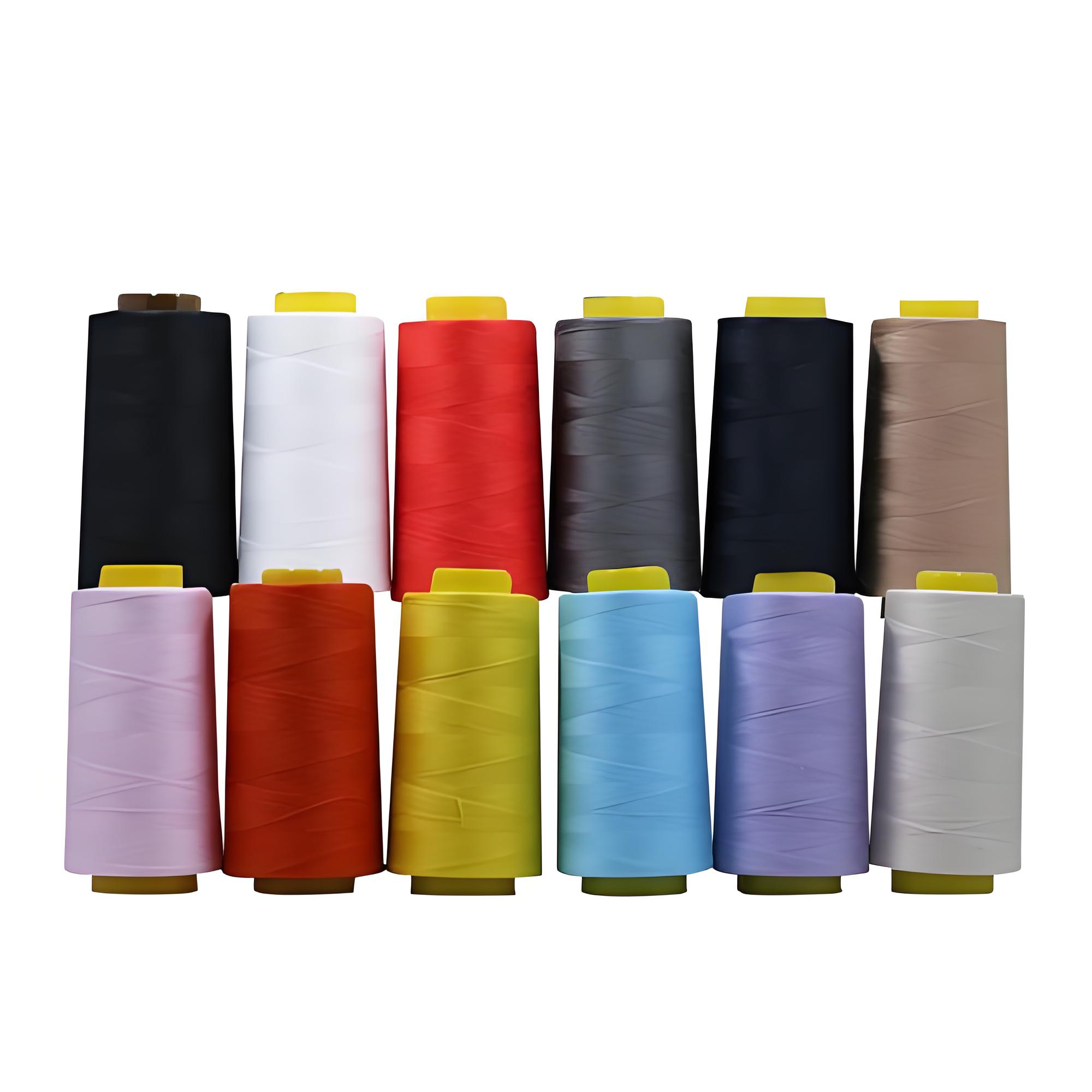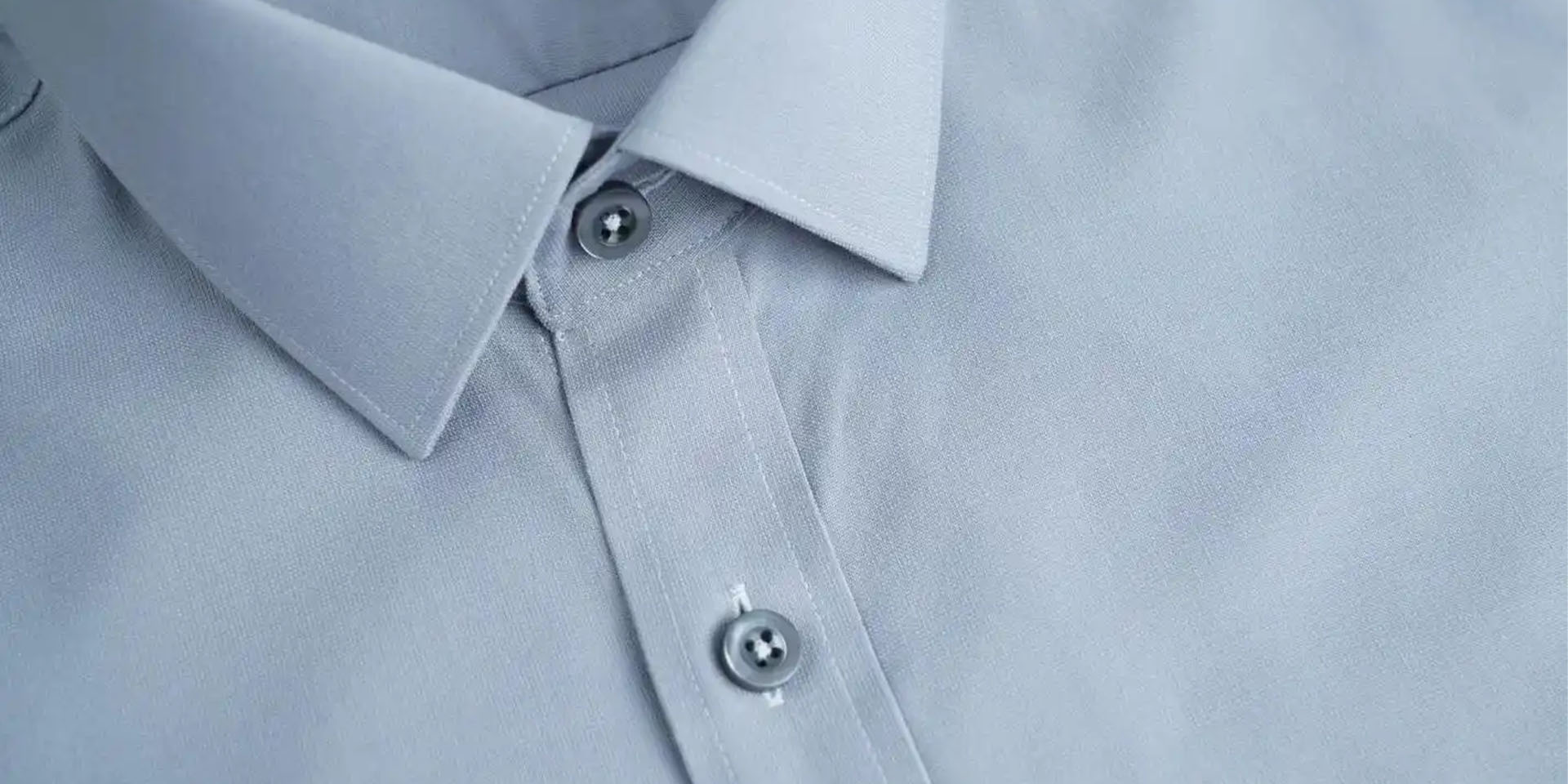Polyester sewing thread 60/2 and Polyester sewing thread 60/3 are two industry-standard variants that dominate textile manufacturing, home furnishing, and industrial production. Renowned for their exceptional strength, durability, and resistance to wear, these threads cater to distinct stitching requirements. Polyester sewing thread 60/2 excels in lightweight, precision-driven applications, while Polyester sewing thread 60/3 is engineered for heavy-duty, high-stress environments. Their versatility spans apparel, automotive interiors, outdoor gear, and technical textiles, making them indispensable tools for achieving durable, high-quality seams. This article explores their unique properties, targeted applications, and the industries that rely on their performance.


The decision to use Polyester sewing thread 60/2 or 60/3 hinges on fabric type, seam stress, and end-use requirements:
- Fabric Weight: 60/2 suits fabrics under 8 oz/yd² (e.g., chiffon, satin), while 60/3 handles materials above 12 oz/yd² (e.g., denim, canvas).
- Stitch Density: 60/2 works with 8–12 stitches per inch (SPI) for fine seams, whereas 60/3 performs best at 6–8 SPI for bulkier joins.
- Endurance Needs: 60/3 is mandatory for load-bearing seams in automotive or outdoor gear, while 60/2 suffices for decorative or low-stress applications.
-
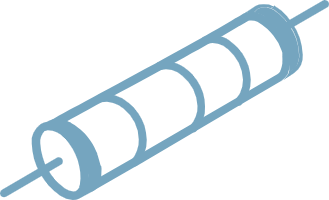 Superior Tensile and Tear Resistance
Superior Tensile and Tear ResistanceWith 50% greater ply density than 60/2, Polyester sewing thread 60/3 withstands heavy loads and repetitive stress. It is the preferred choice for seams in denim jeans, workwear, and leather goods, where thread failure could compromise product integrity.
-
 Enhanced Stability Under Tension
Enhanced Stability Under TensionThe thread’s reduced elongation under load ensures seams remain intact even when subjected to pulling or stretching. This property is vital for automotive seat covers, which endure constant friction and weight, and for industrial conveyor belts requiring long-term abrasion resistance.
-
 Compatibility with Thick or Multi-Layered Fabrics
Compatibility with Thick or Multi-Layered FabricsPolyester sewing thread 60/3 is engineered for dense materials like canvas, upholstery fabrics, and technical textiles. Its thickness prevents breakage when penetrating multiple layers, such as in quilted jackets, padded furniture, or heavy-duty tarpaulins.
-
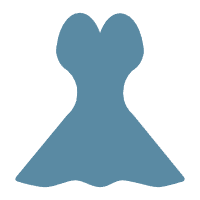 Industry-Specific Applications
Industry-Specific ApplicationsThis thread dominates sectors requiring rugged performance:
Automotive: Stitching car seats, seat belts, and interior panels.
Outdoor Equipment: Reinforcing seams in tents, backpacks, and hiking boots.
Industrial Safety Gear: Assembling fire-resistant uniforms, harnesses, and protective covers.

-
الاستشارة
 تبدأ عملية التخصيص باستشارة مفصّلة، حيث نناقش احتياجات العميل المحددة، بما في ذلك سُمك الخيط ومتطلبات الألوان والمتطلبات الخاصة بالتطبيق. يعمل فريق الخبراء لدينا عن كثب مع العميل لفهم متطلباته الفريدة وتقديم التوصيات.
تبدأ عملية التخصيص باستشارة مفصّلة، حيث نناقش احتياجات العميل المحددة، بما في ذلك سُمك الخيط ومتطلبات الألوان والمتطلبات الخاصة بالتطبيق. يعمل فريق الخبراء لدينا عن كثب مع العميل لفهم متطلباته الفريدة وتقديم التوصيات. -
اقتباس
 بمجرد تحديد المتطلبات بوضوح، نقدم عرض أسعار مفصلاً يوضح التكلفة ووقت التسليم والتفاصيل الأخرى ذات الصلة. تتسم عروض أسعارنا بالشفافية والشمولية، مما يضمن للعملاء فهماً واضحاً للتكاليف المترتبة على ذلك.
بمجرد تحديد المتطلبات بوضوح، نقدم عرض أسعار مفصلاً يوضح التكلفة ووقت التسليم والتفاصيل الأخرى ذات الصلة. تتسم عروض أسعارنا بالشفافية والشمولية، مما يضمن للعملاء فهماً واضحاً للتكاليف المترتبة على ذلك. -
الإنتاج
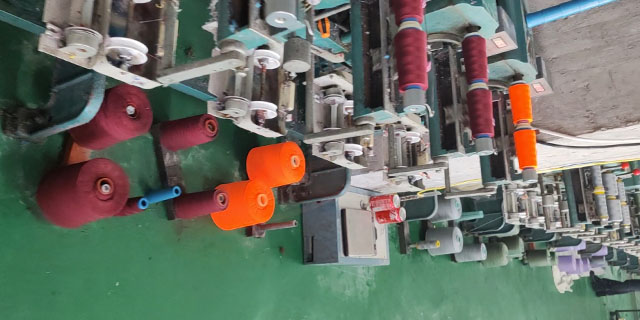 تتسم عملية الإنتاج لدينا بالكفاءة العالية والجودة العالية، مما يضمن أن الخيوط المخصصة تلبي أعلى معايير الأداء والمتانة. نحن نستخدم أحدث المعدات وإجراءات صارمة لمراقبة الجودة لإنتاج خيوط تتجاوز معايير الصناعة.
تتسم عملية الإنتاج لدينا بالكفاءة العالية والجودة العالية، مما يضمن أن الخيوط المخصصة تلبي أعلى معايير الأداء والمتانة. نحن نستخدم أحدث المعدات وإجراءات صارمة لمراقبة الجودة لإنتاج خيوط تتجاوز معايير الصناعة. -
الشحن
 بعد الإنتاج، يتم تغليف الخيوط المخصصة بعناية وشحنها إلى العميل في الإطار الزمني المتفق عليه. نحن نقدم حلولاً لوجستية موثوقة لضمان وصول الخيوط إلى العميل في الوقت المناسب وفي حالة ممتازة.
بعد الإنتاج، يتم تغليف الخيوط المخصصة بعناية وشحنها إلى العميل في الإطار الزمني المتفق عليه. نحن نقدم حلولاً لوجستية موثوقة لضمان وصول الخيوط إلى العميل في الوقت المناسب وفي حالة ممتازة.
-
How can I accurately determine whether I should use Polyester sewing thread 60/2 or 60/3 for my project?
The choice depends on three key factors: 1.Fabric thickness: 60/2 is suitable for light to medium fabrics (such as silk, thin cotton, synthetic fibers), while 60/3 is designed for heavy or multi-layered fabrics (such as canvas, leather, car interior). 2.Sewing strength requirements: If it needs to withstand frequent stretching or loads (such as backpacks, car seats), 60/3 is preferred; if it is for daily clothing or home textiles (such as shirts, sheets), 60/2 is more suitable. 3.Sewing machine compatibility: 60/2 is suitable for fine sewing machines with high needle frequency (8-12 stitches/inch), while 60/3 needs to be adapted to heavy equipment with low needle frequency (6-8 stitches/inch).
-
أحتاج إلى لون خاص، هل يمكن أن تلبي الخدمة المخصصة ذلك؟ هل يمكن ضمان أن يكون اللون المخصص مطابقًا تمامًا للعينة التي قدمتها؟
يمكن أن تلبي خدمتنا المخصصة احتياجاتك اللونية الخاصة. نحن نستخدم تقنية الصباغة المتقدمة ونظام مطابقة الألوان الاحترافي لضمان أن يكون اللون المخصص متوافقًا للغاية مع العينة التي تقدمها. قبل الإنتاج، سنقدم عينات للتأكيد للتأكد من أن اللون يلبي متطلباتك. إذا لزم الأمر، يمكننا أيضًا إجراء إدارة الألوان وفقًا لمعايير علامتك التجارية لضمان ثبات اللون لكل دفعة.
-
إذا اخترت خدمة مخصصة، كم من الوقت سيستغرق الأمر من الطلب إلى التسليم؟ هل يمكن تعجيلها؟
تعتمد المهلة الزمنية للخدمات المخصصة عادةً على مدى تعقيد التخصيص وحجم الطلب. وبصفة عامة، يستغرق الأمر من 15 إلى 25 يوم عمل من الطلب إلى التسليم. إذا كان لمشروعك احتياجات عاجلة، يمكننا تقديم خدمات سريعة. سنقوم بترتيب خطة الإنتاج وفقًا لاحتياجاتك الخاصة لضمان التسليم في الوقت المحدد.
-
ما هي معايير جودة خيطي الخياطة هذين الخيطين؟ هل هناك أي شهادات أو تقارير اختبار ذات صلة متاحة؟
تتبع خيوط الخياطة الخاصة بنا معايير الجودة العالمية بدقة، بما في ذلك شهادة نظام إدارة الجودة ISO 9001 وشهادة OEKO-TEX Standard 100 البيئية. ستخضع كل دفعة من المنتجات لاختبارات جودة صارمة، بما في ذلك اختبار الشد، واختبار مقاومة التآكل، واختبار ثبات اللون، وما إلى ذلك. يمكننا أيضاً تقديم تقارير اختبار مفصّلة وفقاً لاحتياجاتك لضمان أن خيوط الخياطة التي تستخدمها تفي بأعلى المعايير.
-
هل تقدمون عينات للاختبار؟
يقدم العديد من الموردين عينات مجانية للعملاء لاختبارها، ولكن قد يحتاج العملاء إلى دفع تكاليف الشحن. يوصى بتأكيد سياسة العينة مع المورد قبل تقديم الطلب.
-
قد تكون كمية طلبي صغيرة نسبياً. هل هناك حد أدنى لكمية الطلب؟ إذا كانت كمية الطلب صغيرة، فهل سيؤثر ذلك على السعر أو وقت التسليم؟
نحن نتفهم أن العملاء لديهم احتياجات متنوعة، لذلك نحاول تقليل الحد الأدنى لكمية الطلب لتلبية احتياجات العملاء المختلفين. بالنسبة للمواصفات القياسية، فإن الحد الأدنى لكمية الطلب هو 100 كيلوغرام؛ أما بالنسبة للمنتجات المخصصة، فإن الحد الأدنى لكمية الطلب هو حاوية واحدة. إذا كانت كمية طلبك صغيرة، سنظل نبذل قصارى جهدنا لتلبية احتياجاتك، ولكن قد يتم تعديل سعر الوحدة وفقًا لتكلفة التخصيص. لا يتأثر وقت التسليم عادةً بكميات الطلب الصغيرة، وسنقوم بترتيب الإنتاج والتسليم وفقًا للإجراءات القياسية.

